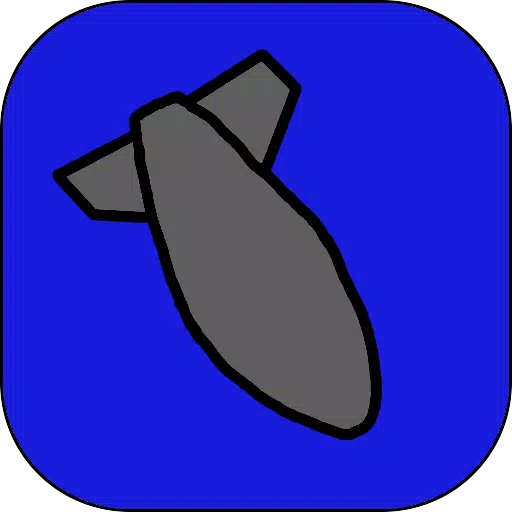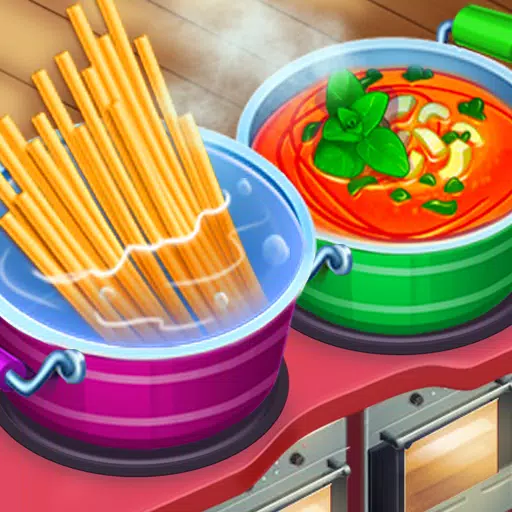Nintendo has a long history of aggressively pursuing legal action against emulation and piracy, as evidenced by several high-profile cases in recent years. In March 2024, the developers behind the Nintendo Switch emulator Yuzu were mandated to pay $2.4 million in damages following a court settlement with Nintendo. Just months later, in October 2024, the development of another Switch emulator, Ryujinx, was halted after receiving communication from Nintendo. Additionally, in 2023, the team behind Dolphin, an emulator for GameCube and Wii, was cautioned against launching on Steam due to legal threats from Nintendo, relayed by Valve's lawyers.
In another significant case, Gary Bowser, who was involved in selling Team Xecuter products that facilitated bypassing the Nintendo Switch’s anti-piracy measures, was charged with fraud in 2023. He was ordered to repay Nintendo $14.5 million, a debt he is expected to service for the remainder of his life.
These actions underscore Nintendo's stringent stance on protecting its intellectual property. During the Tokyo eSports Festa 2025, Koji Nishiura, a patent attorney and Assistant Manager of Nintendo's Intellectual Property Division, shed light on the company's approach to piracy and emulation. He clarified that while emulators are not inherently illegal, they can become so based on their usage. Specifically, Nishiura noted that emulators that replicate game programs or disable console security mechanisms could be in violation of copyright laws.
Nishiura's discussion also touched on Japan's "Unfair Competition Prevention Act" (UCPA), which played a crucial role in a landmark case involving the Nintendo DS "R4" card. This device enabled users to run pirated games, leading to a successful legal challenge by Nintendo and 50 other software companies, resulting in a ban on R4 sales in Japan in 2009.
Furthermore, Nishiura highlighted the issue of "reach apps," third-party tools that facilitate the downloading of pirated software within emulators. Examples include the 3DS's "Freeshop" and the Switch's "Tinfoil," both of which could infringe on copyright laws.
In the lawsuit against Yuzu, Nintendo alleged that The Legend of Zelda: Tears of the Kingdom was pirated over a million times, facilitated by Yuzu's Patreon, which offered subscribers exclusive access to game updates and features, generating significant monthly revenue for the developers.
Nintendo's ongoing legal battles and the insights provided by Nishiura at the Tokyo eSports Festa illustrate the company's commitment to combating piracy and unauthorized emulation, emphasizing the complex legal landscape surrounding these issues.














